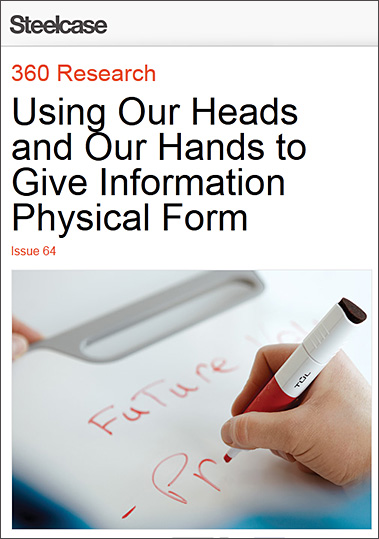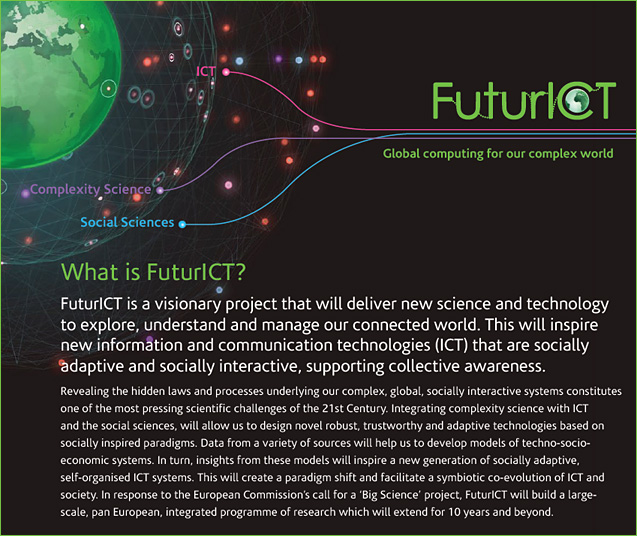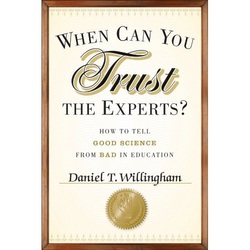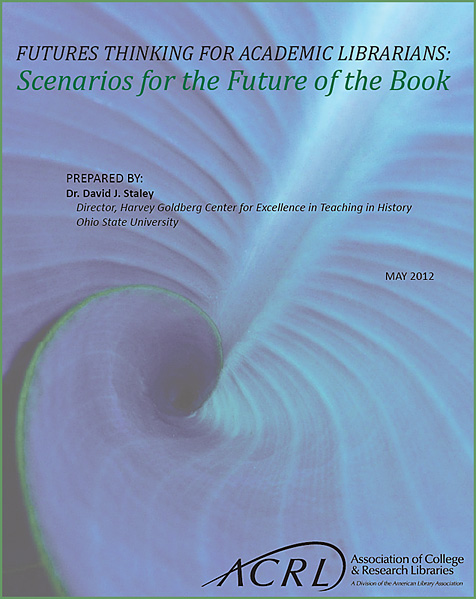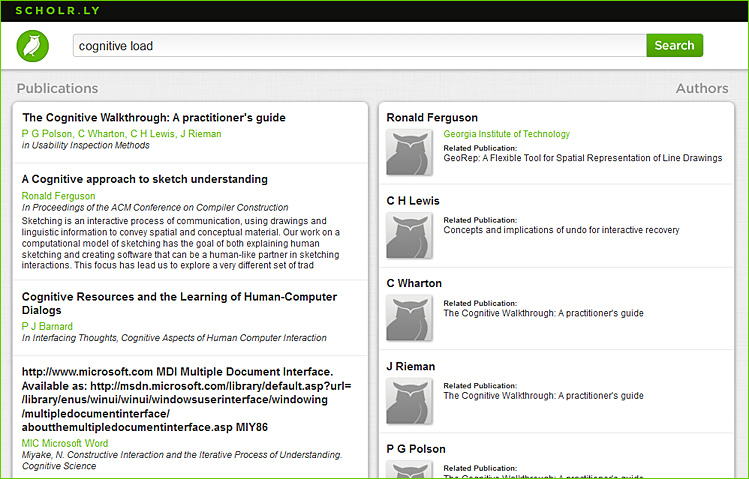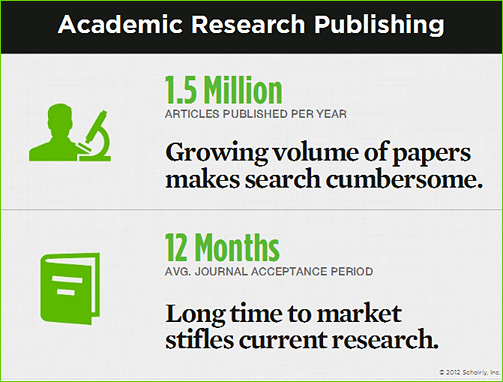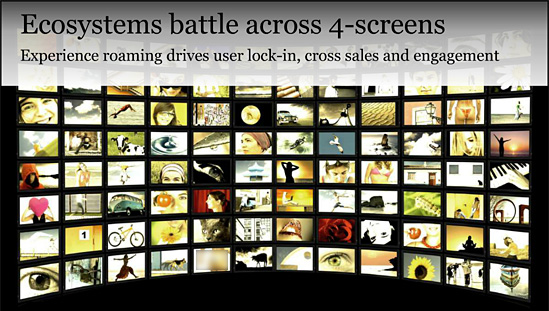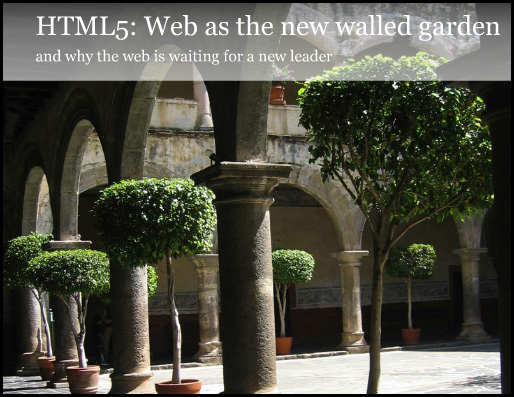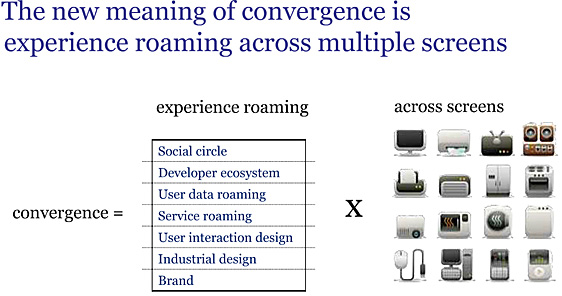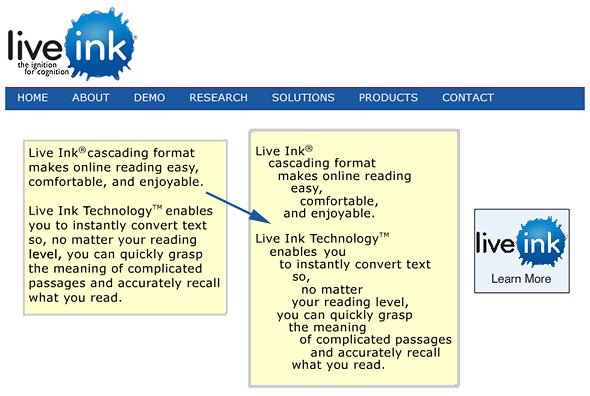How teens do research in the digital world — from pewinternet.org by Kristen Purcell, Lee Rainie, Alan Heaps, Judy Buchanan, Linda Friedrich, Amanda Jacklin, Clara Chen, Kathryn Zickuhr
Excerpt from the Overview:
The teachers who instruct the most advanced American secondary school students render mixed verdicts about students’ research habits and the impact of technology on their studies.
Some 77% of advanced placement (AP) and National Writing Project (NWP) teachers surveyed say that the internet and digital search tools have had a “mostly positive” impact on their students’ research work. But 87% say these technologies are creating an “easily distracted generation with short attention spans” and 64% say today’s digital technologies “do more to distract students than to help them academically.”
According to this survey of teachers, conducted by the Pew Research Center’s Internet & American Life Project in collaboration with the College Board and the National Writing Project, the internet has opened up a vast world of information for today’s students, yet students’ digital literacy skills have yet to catch up:









